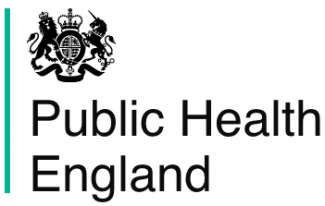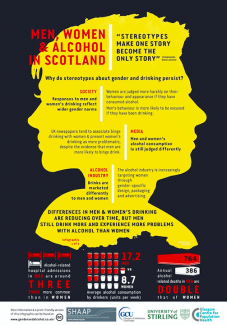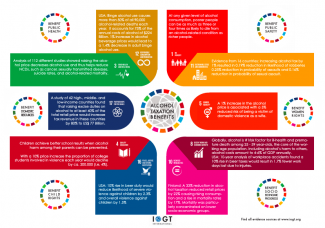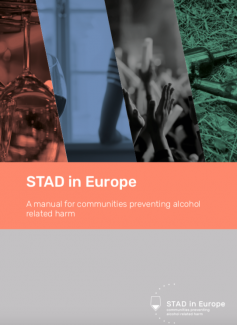Webinar: Alcohol Related Liver Damage

Public Health England will be hosting a webinar to discuss their work to reduce alcohol harm and the latest evidence and best practice examples for improving liver health at 14:00 on 20 May.
Email AlcoholCapitalFund [at] phe [dot] gov [dot] uk if you'd...








